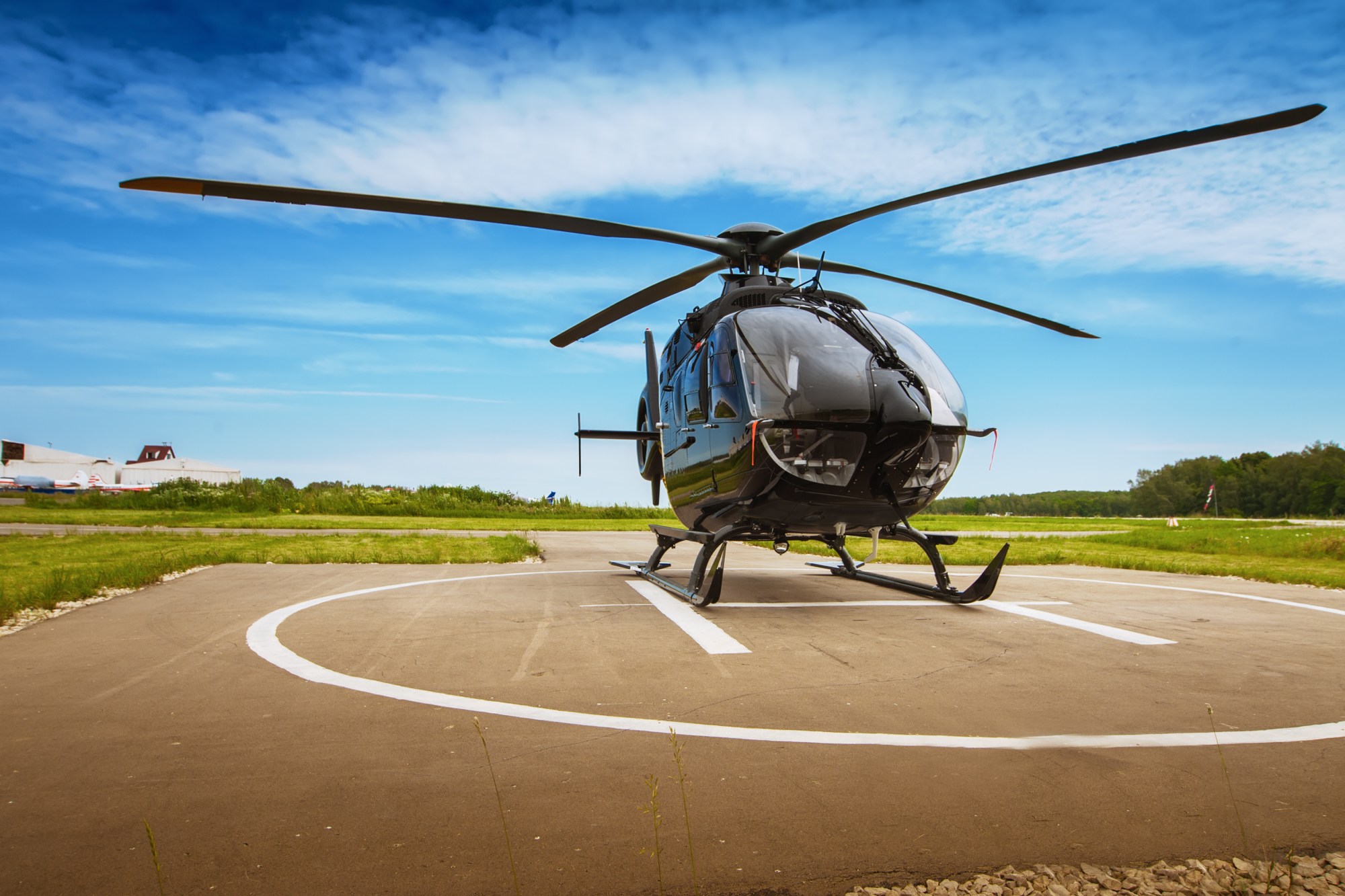WHAT MAKES A GOOD HELICOPTER FLIGHT TRAINING SCHOOL?

Choosing a good helicopter flight training school involves considering several key factors to ensure you receive high-quality instruction and have a positive learning experience. Here are some important aspects to look for:
- Accreditation and Certification
FAA Certification: Ensure the school is certified by the Federal Aviation Administration (FAA) or the relevant aviation authority in your country.
Accreditation: Look for schools accredited by recognized aviation organizations or associations.
- Experienced Instructors
Qualified Instructors: Check the qualifications and experience of the instructors. They should have significant flight hours and a strong teaching background.
Instructor-Student Ratio: A lower ratio means more personalized attention and better instruction.
- Fleet and Facilities
Aircraft Variety and Condition: The school should have a well-maintained fleet of helicopters, including the type you want to train on.
Modern Facilities: Up-to-date simulators, classrooms, and maintenance facilities are important for comprehensive training.
- Comprehensive Curriculum
Diverse Training Programs: Look for schools offering a range of courses from private pilot to commercial pilot licenses, as well as specialized training (e.g., night flying, instrument rating).
Ground School and Flight Hours: A good balance of theoretical ground school and practical flight hours is essential.
- Safety Record
Safety Culture: Research the school’s safety record and culture. This information can often be found through online reviews or aviation safety databases.
Safety Procedures: The school should have strict safety protocols and emergency procedures in place.
- Reputation and Reviews
Student Feedback: Look for reviews and testimonials from current and former students. Positive feedback is a good indicator of a reputable school.
Industry Reputation: A school with a strong reputation in the aviation industry is likely to provide quality training.
- Cost and Financial Aid
Transparent Pricing: Ensure the school provides a clear breakdown of costs, including tuition, aircraft rental, and additional fees.
Financial Aid: Check if the school offers financial aid, scholarships, or payment plans to help manage the cost.
- Job Placement Assistance
Career Services: Some schools offer job placement assistance or have partnerships with aviation companies, which can be beneficial after graduation.
Networking Opportunities: Look for schools that provide networking events, internships, or co-op programs.
- Location and Weather
Geographical Location: Consider the location of the school and the local weather conditions, as they can affect your training schedule and overall experience.
Local Airspace: Training in diverse airspace environments (controlled and uncontrolled) can provide valuable experience.
- Visit the School
Tour the Facility: If possible, visit the school, meet the instructors, and get a feel for the environment.
Trial Lesson: Some schools offer introductory flights or trial lessons, which can give you a firsthand experience of their training quality.
Considering these factors will help you choose a helicopter flight training school that meets your needs and sets you on the path to becoming a skilled pilot.
